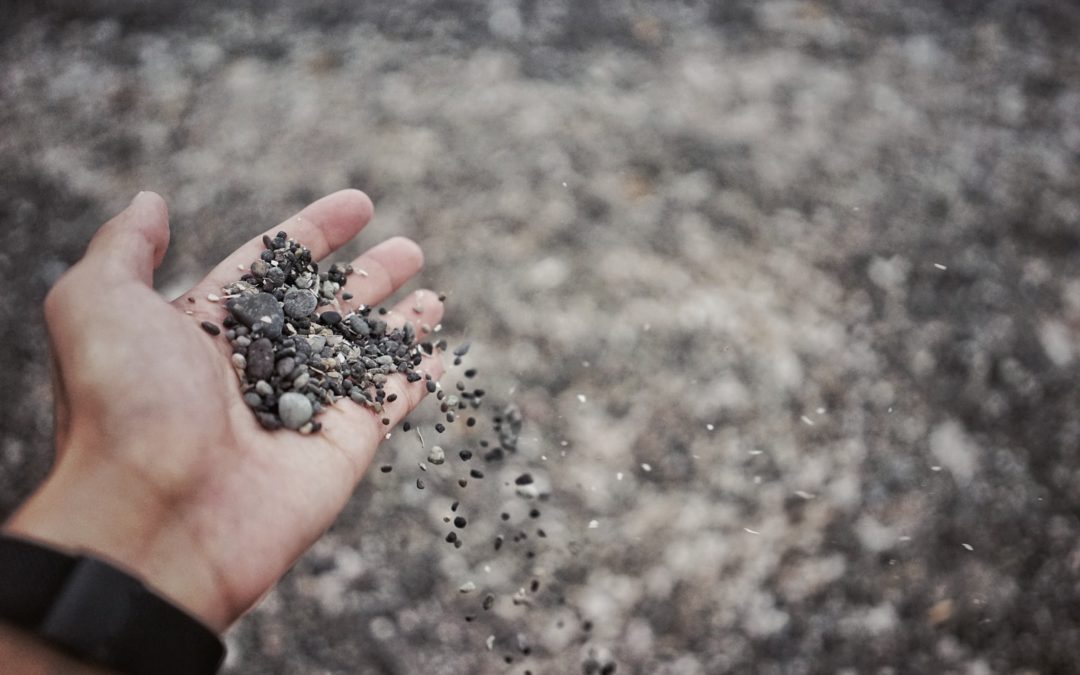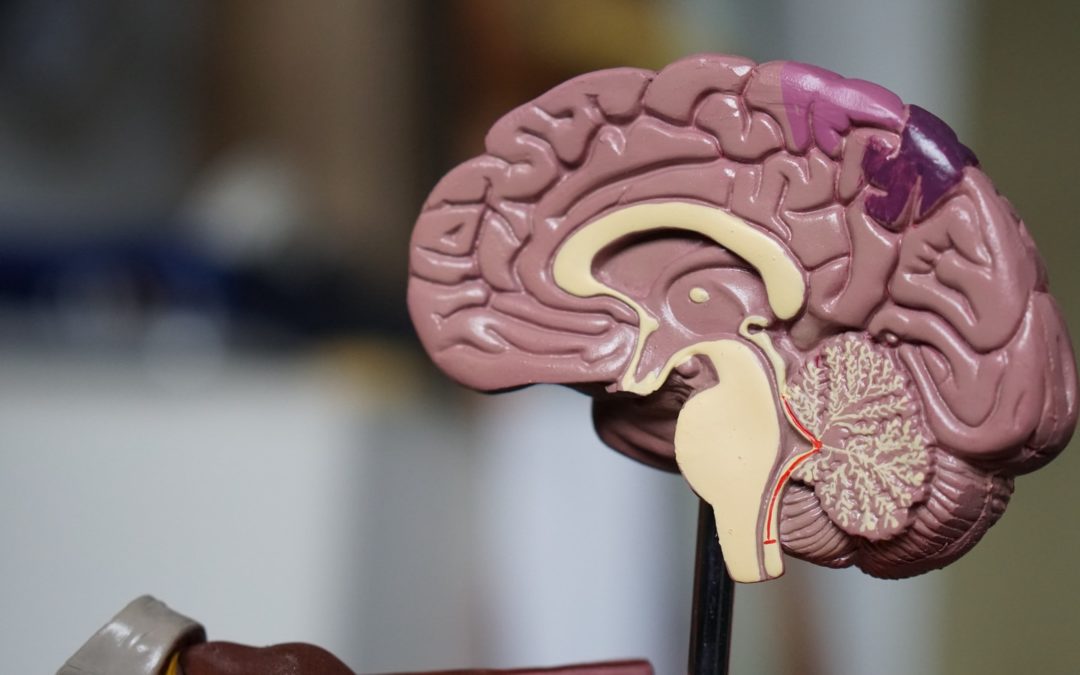
by admin | Apr 29, 2022 | Simple Self Help
Addiction to unproductive, non-supportive, and hostile relationships is easy to get used to. This is precisely because you did not get here overnight. You gradually slipped into allowing it become this way.
We all have a desire to be loved, wanted and appreciated. Sometimes though, we just get confused about what constitutes a good relationship as opposed to one in which we seem to have a role that is perhaps less clear cut than we see it as being.
Being stuck in old patterns of relating to people might mean you are always the giver and yet you don't seem to be appreciated or nurtured in return. Perhaps you are not even acknowledged for the good person you are. Could it be that you are being taken advantage of?
On the other hand, maybe it could be the case that you are the one in some of your relationships with others where you are taking someone for granted, and their own contribution to the relationship is going un-noticed or un-acknowledged by yourself.
A simple stock check or tally of the important relationships for you will allow you to see what is working and what is simply painful or wrong.
Be clear with yourself and with the other person that what has been tolerated until now can no longer be allowed to go on, that you are unable to stay engaged in such a relationship and that you will have to remove yourself from it. If this is a relationship that is casual, temporary or one that is occasioned through work or the proximity you have to the person concerned, then it is easier to deal with perhaps, than where the relationship is a very significant one and closer to home.
But the truth remains, you cannot do any good to yourself or for yourself if you remain in the place that is harmful to you. This is not an easy decision to make, and you may want to seek professional counsel or the guidance of a friend who already knows you well in order that you can have an opportunity to talk through your thinking and through the implications of any of the decisions you might seek to make.
In any of these discussions maintain your focus on the real goal of letting go of the relationships that are not in your own higher interest.

by admin | Apr 28, 2022 | Declutter
We know that when faced with a drawer full of junk it can be very difficult to throw away things we have no regular use for. A study at Yale School of Medicine has been able to track the brain function that we go through when faced with such decisions as keep or throw, save or toss. The school invited a mixed group of hoarders and non-hoarders to meet with them for research and asked the group to sort through items such as old newspapers and junk mail. The test was structured to include items that belonged to the researcher and other items belonging to the participant. Those taking part had to decide on what to keep and what to discard and while they were doing this the research team tracked the brain activity of those sifting through the items.
When faced with how to deal with their own stuff that had been included in the observed test, the hoarders had increased activity in two areas of the brain, the anterior cingulate cortex (ACC) and the insula. The greater the struggle that the hoarder felt about whether to throw something out, the more this pattern of brain activation was recorded. The activation of the trigger between the ACC and insula sections of our brain is creating a message that there is 'something wrong' and we need to defend ourselves against the doubt or uncertainty. Keep the item and the unease reduces. These two areas of the brain are moved into play when a smoker wants to give up tobacco or an addict approaches the decision to quite the drug they use. Keep the cigarette and the fear of loss weakens. The greater the activation of the two parts of the brain, the more we feel discomfort, unease and anxiety and so we reach again for the cigarette.
Compulsive shoppers also recognise the same brain activity when faced with a high price on an item. They can put lesser priced items in their trolley all day long if this feeling makes them restful and happy while they accumulate, but when faced with a high priced item, the brain message allows them to push the item away and move to something where the brain has no threat-response activation. This process can be an explanation of why there is a strong self-sustaining element involved in the behaviour of the hoarder. When we find and decide to hold onto an item, we feel calmer and all is good with our world.
Do you struggle to throw out books, or clothes or beer bottles from different breweries? If you like reading, dressing yourself a certain way or have a nostalgia for drinking games from college days, then let's see what the link might be. Other research into hoarder behaviour has shown activation of another area of the brain, the ventromedial prefrontal cortex (or vmPFC). The more this is activated the greater the feeling we have of wanting something. It is often the case that the item we are attracted to reinforces our sense of "Me" or of "This is who I am". If you have a tendency to hoard and to accumulate it might be that you are seeing those books sitting on shelves or stacked on your stairs as a reflection of who you think you are, or those wardrobes jammed with clothes as who you are when walking out in the world, or of those old beer bottles with different labels as reflecting back to you how much fun you had with your drinking games. Recognising how the vmPFC element of your brain is activated by the books or bottles, which others see just as junk or mess, can help you understand that you no longer need all this to be who you are.
You may have hoarding disorder if :
You struggle to let go go items because you think they should be saved and where you get distressed over the idea of letting them go.
The volume of things piled high, stacked, and placed within your home space makes it difficult for you to move about freely.
You buy things or always accept free things that you don't need and for which you don't have space anyway.
You have difficulty discarding, donating, recycling or otherwise gifting things that other people would be unlikely to keep in their house after use.
This can lead to a lot of belongings stashed at home and cluttering up walk ways through the home, presenting an obstacle course that is also like to become a fire hazard. It is likely to lead to strain and conflict within the family, but also can lead to isolation and loneliness due to the fact that others - potential partners - will not understand the problem when they see it and want to avoid living with it, or because the hoarder knows that the behaviour is potentially a block to social activity and the embarrassment of inviting people home to discover the accumulation of possessions.
As well as the behavioural difficulties in discarding, of constantly saving items, packaging and clutter, many compulsive hoarders have the difficulties which come from disorganisation, indecision and perfectionism bordering on OCD. Such traits can make their private lives difficult as well as impacting on their social lives where they rarely allow people into their home space for fear of ridicule, shame or guilt at their inability to manage the possessions they have gathered together in the one space.

by admin | Apr 21, 2022 | Simple Self Help
The slipping of your hand into another. The soft laugh. A gentle embrace. And it is not just the touch, but just as strong is the feeling that you know you are loved. You know the love you can recall right now, even though the person who gave it to you, showered it on you, shared their love with you is no longer here.
And so the love will be remembered always as that most special of things that time and distance do little to reduce. How might it be that the love you share with someone today or tomorrow might have resonance with them still some ten, twenty, thirty years from now?
It does not have to be earth shattering to be special, it simply has to be real and honest and openly shared and truly meant. This is plenty. Look at your own chances to express love with those you meet today or during the week that is ahead and remember - when you want to - to express your love with those you choose to. It might be a special thank you or a meeting of the eyes, a touch on a shoulder, a warm embrace or a deep hug. All of these are important if freely given and naturally shared.
Earlier this evening I was talking with my youngest son as he got ready for bed. We were chatting about my Grandad Tom and how much he had loved me when I was a little boy. All of a sudden, in the middle of telling my own youngest son about this time from my childhood, I felt myself overwhelmed by the love of my grandfather reaching out into the present to wrap me in his strong arms and remind me that I am still loved by him and am still his own little grandson to him so many years after he passed away. He was tangibly in the room with us for those minutes, being with his great grandson through my sharing. Forty years from today that moment will still belong to Johnny and the love will be remembered from a grandpa he never knew but who he now knows through his father.
Love is a legacy in that it is not bound by time and space as so many physical things are. Love can be an act, a feeling, a metaphor, a message for someone you reach out to. It is best when not structured or controlled. It needs no boundaries imposed upon it, not will it respect measurement of it.
Simply let your love show. Allow it the space to be of you and from you. It will make all the difference in the world to someone who receives it. You will be able to know that you did the right thing simply because you gave your love.

by admin | Apr 14, 2022 | Simple Self Help
Too many people reach an age in their life when they regret not the things they have done, so much as they cry out for what they have not done.
All too often one of the items at the top end of the "Wish I had done" list are points such as spend more time with my family, visit my parents, go on a trip with my brother or sister, etc. You don't really find yourself saying aloud "I wish I had read another report" or "If only I could have spent another day on work phone calls and follow-ups."
It is a simple enough matter to put some time in your diary and get on and see the people who have importance and meaning in your life, to book time with them or simply to just turn up on a spur of the moment impulse.
If you don't mark out this time with them in the diary it is never going to happen. Rather than neglect these important get-togethers until next year - when you will probably look back and think "If only I had..." instead get on the phone. Send them an email, write them a note and get something in the diary. None of us carry a crystal ball, or know what may happen around the corner, so get on with arranging this today.
Listen to the intuition you already have. Observe the "hunch" you get about calling someone or arranging to get together with them.
One evening I was driving from a place I had been working on the coast, and was heading north to my home when I had the strongest feeling that I should make an effort to break off from my journey to see my parents. It was raining and the traffic was heavy. At the end of a busy day and with a hundred miles ahead of me, I chose to ignore the feeling and drive on. The next day I had a call from my mother to say that my Dad had just that morning suffered a massive heart attack and died suddenly.
I so wish I had listened to the message that had come to me the night before and suggested I make a turn off the highway and take the small roads to their village. I so keenly wish that I had been to see my Dad that night. Do you think that I would not have done anything to spend another few hours with my father? I would have driven across the country, stayed up all night, cancelled everything just to have spent a few more hours with that wonderful man I called my Dad.
So take a few moments to arrange something that can result in an hour or a day or a week together creating memories that can then be with you always.
Just be in the moment and recognise what you do have. Realise what you can create with real time now as opposed to what you might be able to do tomorrow or the next day. Here is the thing about time. It doesn't really exist. There is only the moment that you are in now and you don't really know that tomorrow will come around on the clock.
Pick up that phone, tap on that door, hop in the car and simply arrange to enjoy the time with those you love and with those who love you. You will always have the memories of when you did do something like this, and that will forever be of help to you.

by admin | Apr 14, 2022 | Declutter
I knew I was a 'Collector', and always preferred that title more. It started out as a school boy given a stamp album and collecting the bags of franked stamps, looking through the magnifying glass for rare marks, unusual countries, changed country names. Then it moved into other costly hobbies, collecting medals, uniforms. After university and working for a living I started to collect houses, not just the one but dozens of them, buying them and renting them out.
Nowadays I know that the brain of someone like me works in a way that has been diagnosed as an actual medical condition, categorised and understood by psychologists. People who are hoarders go overboard in the saving of items that other people will regard as worthless. The hoarder apparently struggles in parting with possessions, and this leads to clutter that gets in the way of effectively using their homes or work spaces. Yes, that's been me. I think I can say that I certainly tick that box! My journal entires from the time of that move showed me for sure that I was struggling with the disorder.
Do you have Hoarding Disorder?
Hoarding and collecting are distinct activities. The collector will search out specific items, working to a list or a recommendation of what will be popular or have greater value in the future. They are likely to display their items in a presentable and ordered manner. When an item is placed within an established collection, it is allocated a special almost magical status. By combining it with other connected or somehow similar pieces, the one acquires more value than it was deemed to have when on its own. Popular acceptance suggests that a collection has a value, yet it is only seen this way by other collectors of that niche area. The truth is that collections give to their owners a sense of importance, and are a socially acceptable form of possessiveness. There is social prestige and enhanced status in the mind of the collector of high value items that are brought together under one roof, endorsing their social standing within their community or peer group. Someone who collects watercolour pictures, ceramics from a specific historic timeframe, or vintage cars is seen to be an eccentric, albeit perhaps an affluent one.
The hoarder is not so discriminate and simply gathers random things which they consider they might want in the future. For some, they find safety in the volume of their possessions. Looking at some statistics from the American Psychiatric Association and their Diagnostic and Statistical Manual of Mental Disorders we learn that hoarding disorder affects some 2 to 6% of the adult population and often leads to substantial distress and problems functioning in daily life. Now I am getting worried about my behaviour! In a UCLA scale of Hoarding Severity (who even knew there was such a thing!) males are more likely to succumb to this behaviour than females and it is three times more predominant in older males than in those aged 34 to 44 years old.
Is this why men of a certain age start to buy sheds for their collections?




